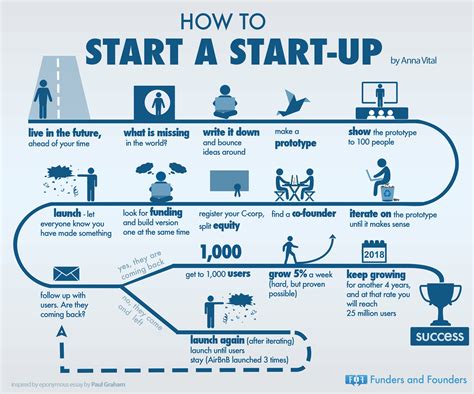How to Start: A Beginner's Guide to Launching Your Project
Starting something new can be daunting, whether it's a business, a creative project, a fitness regime, or even just a new habit. This feeling is completely normal, but with a structured approach, you can overcome the initial hurdle and successfully launch your endeavor. This guide breaks down the process into manageable steps, focusing on practical advice and actionable strategies.
1. Define Your Goals and Objectives
Before diving in, it's crucial to clarify what you aim to achieve. What's the purpose of this project? What are your specific goals, both short-term and long-term? Be as specific as possible. Instead of saying "I want to be healthier," aim for something like "I want to lose 10 pounds in three months by exercising three times a week and following a calorie-controlled diet." Specificity is key.
Setting SMART Goals
Consider using the SMART criteria for goal setting:
- Specific: Clearly define your goal.
- Measurable: Establish metrics to track progress.
- Achievable: Set realistic expectations.
- Relevant: Ensure your goal aligns with your overall objectives.
- Time-bound: Set a deadline for completion.
2. Research and Planning: Laying the Foundation
Thorough research and planning are vital for success. This stage involves gathering information, analyzing your target audience, and outlining the necessary steps. For example, if you're starting a business, research your competitors, market trends, and potential customers. If it's a creative project, research existing work in your field to identify gaps and opportunities.
Creating a Detailed Plan
Your plan should include:
- Timeline: Break down the project into smaller, manageable tasks with deadlines.
- Resources: Identify the resources you'll need (financial, human, technological).
- Budget: Create a realistic budget and track your expenses.
- Risk Assessment: Identify potential challenges and develop contingency plans.
3. Taking the First Step: Overcoming Inertia
The hardest part is often starting. The fear of failure or the sheer complexity of the task can lead to procrastination. To overcome this, focus on taking small, manageable steps. Instead of feeling overwhelmed by the entire project, concentrate on completing one small task. This creates momentum and builds confidence.
The Power of Small Wins
Celebrate your small wins! Recognizing and appreciating your achievements, however small, will boost your motivation and keep you going.
4. Seeking Support and Building a Network
Starting something new doesn't have to be a solitary endeavor. Connect with others who share your interests or who have experience in your field. This could involve joining online communities, attending workshops, or networking with professionals.
The Importance of Mentorship
Consider seeking mentorship from someone experienced in your chosen area. A mentor can provide valuable guidance, support, and feedback.
5. Adapting and Iterating: The Long Game
Starting something is just the beginning. Be prepared to adapt your approach as you learn and grow. Regularly evaluate your progress, identify areas for improvement, and iterate on your strategies. Flexibility and resilience are key to long-term success.
Conclusion: Embrace the Journey
Starting something new is an exciting and challenging journey. By following these steps, focusing on your goals, and staying persistent, you can increase your chances of success. Remember to celebrate your achievements along the way and embrace the learning process. Good luck!
